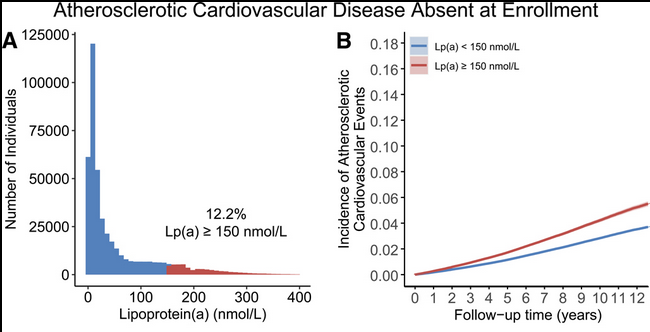I would say definitely. I am 60 and got down to 175 doing keto in the winter time. I allowed the house to be in the 60s to encourage conversion to more brown fat. I did strength training, but not to lose weight, although a gain in muscle may have contributed. One year later I weighed in this morning at 177. At my peak some 5 years ago I was 218. I have changed my breakfast some, and eat higher quality meats for dinner. I love eating cruciferous and green vegetables. Now I eat a lot less root vegetables to stay lower carb. I have never counted my total calories for the day, and actually tried not to cut my total caloric input for any length of time, as I didn’t want to slow my metabolism. Yesterday, I went to a buffet restaurant with my wife to celebrate our 28th, and although I really liked the shrimp rice, I didn’t eat too much of it or the lasagna - I really don’t eat pasta anymore, unless going out. I did have a large plate from the salad bar with kale salad, carrot salad, potato salad, broccoli, sunflower seeds, eggs, etc. With these ingredients I enjoy it without any other salad dressing. This morning I am fasting til dinner, and I know I had excess carbs yesterday. Back to lower carb again. This winter I will probably do stricter keto again, but I always eat some fruit in the form of berries and some greens and cruciferous veggies. That is when I seem to enjoy my food the most and seem to be at my best.
Incidentally, Ancel Keyes lived to be a hundred I believe, but not on his polyunsaturated oil diet ideas. Maybe his Minnesota experiments with corn oil disuaded him from that. He retired to Italy where he used lots of olive oil. I am not so sure that the high cholesterol in eggs is not a concern. I do not worry about it if I cook the eggs fresh out of the shell, but I try to avoid any processed foods containing eggs. Foods like cheap mayonnaise with soybean oil have high levels of very oxidized cholesterol. No cheap powdered eggs for me, etc.



